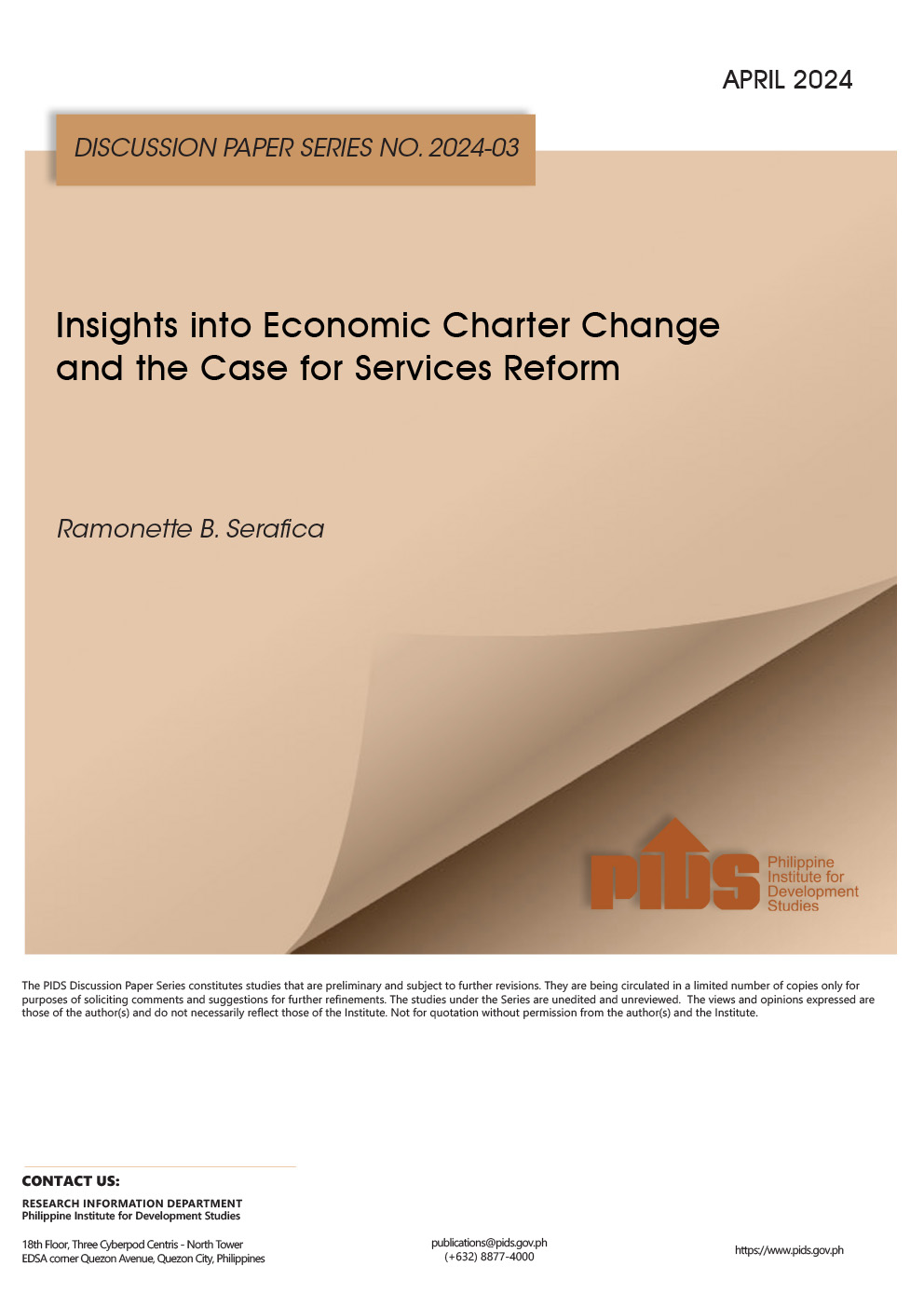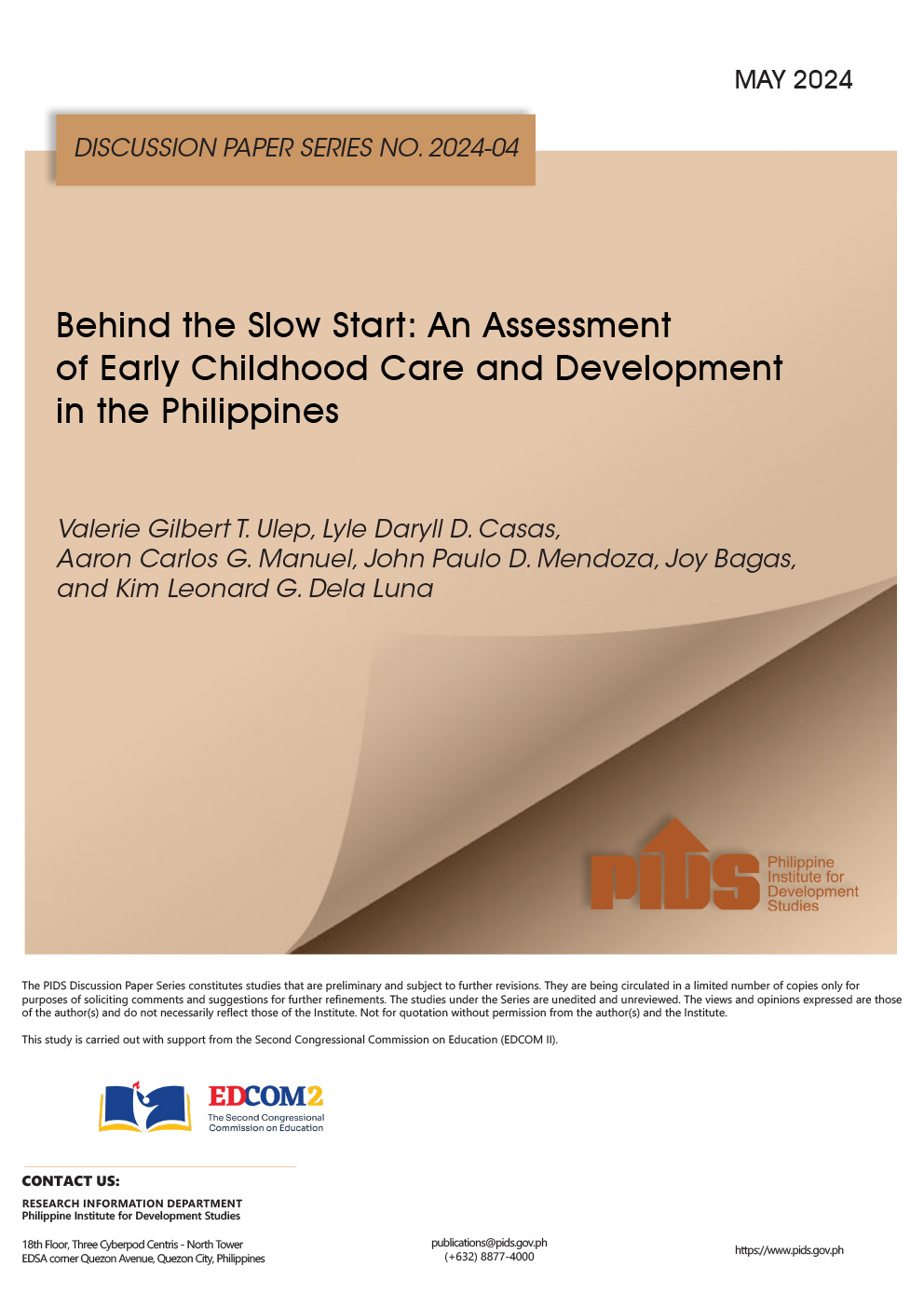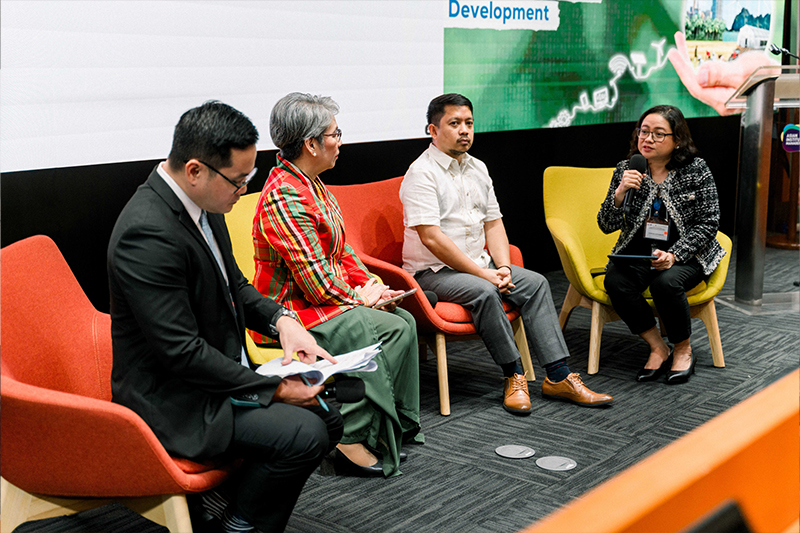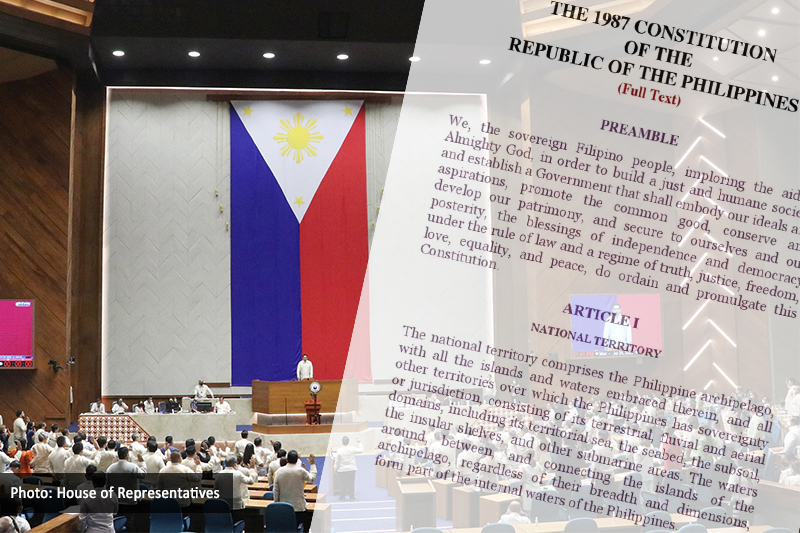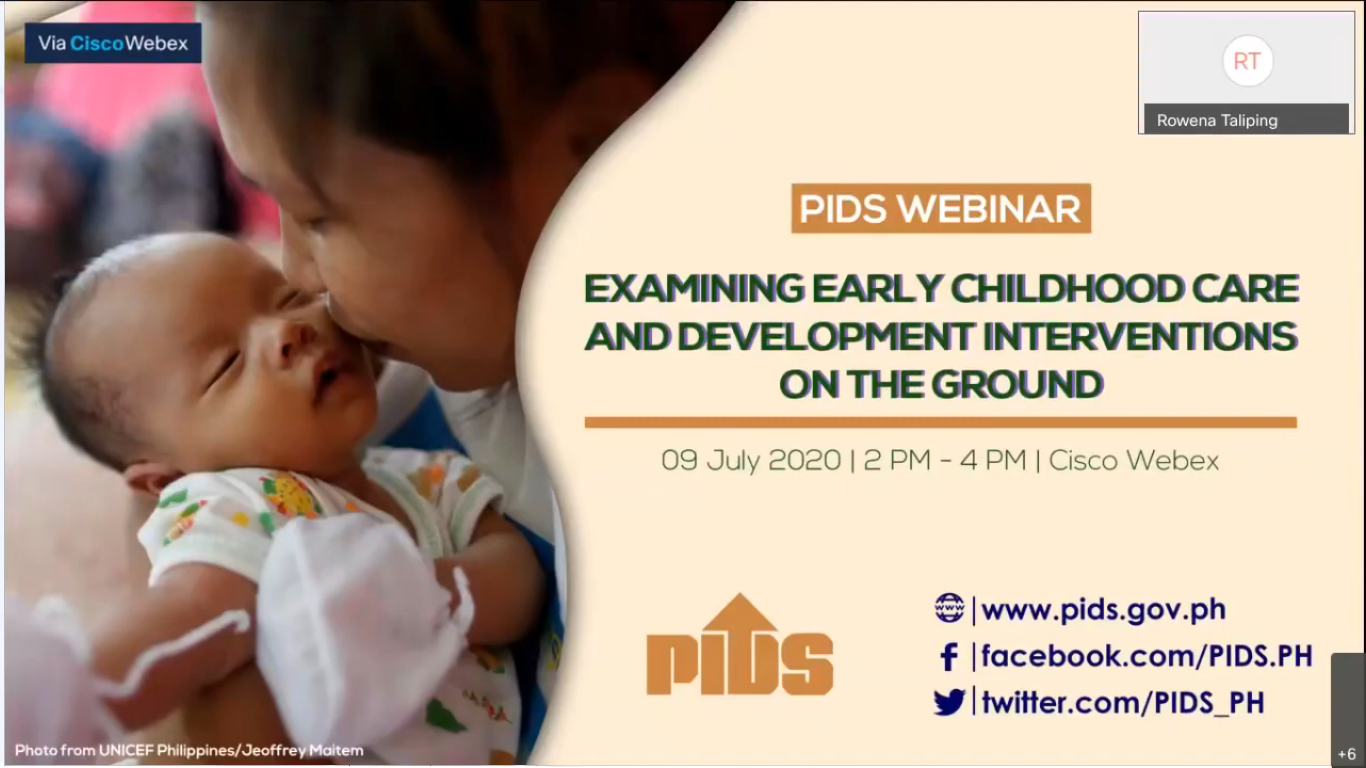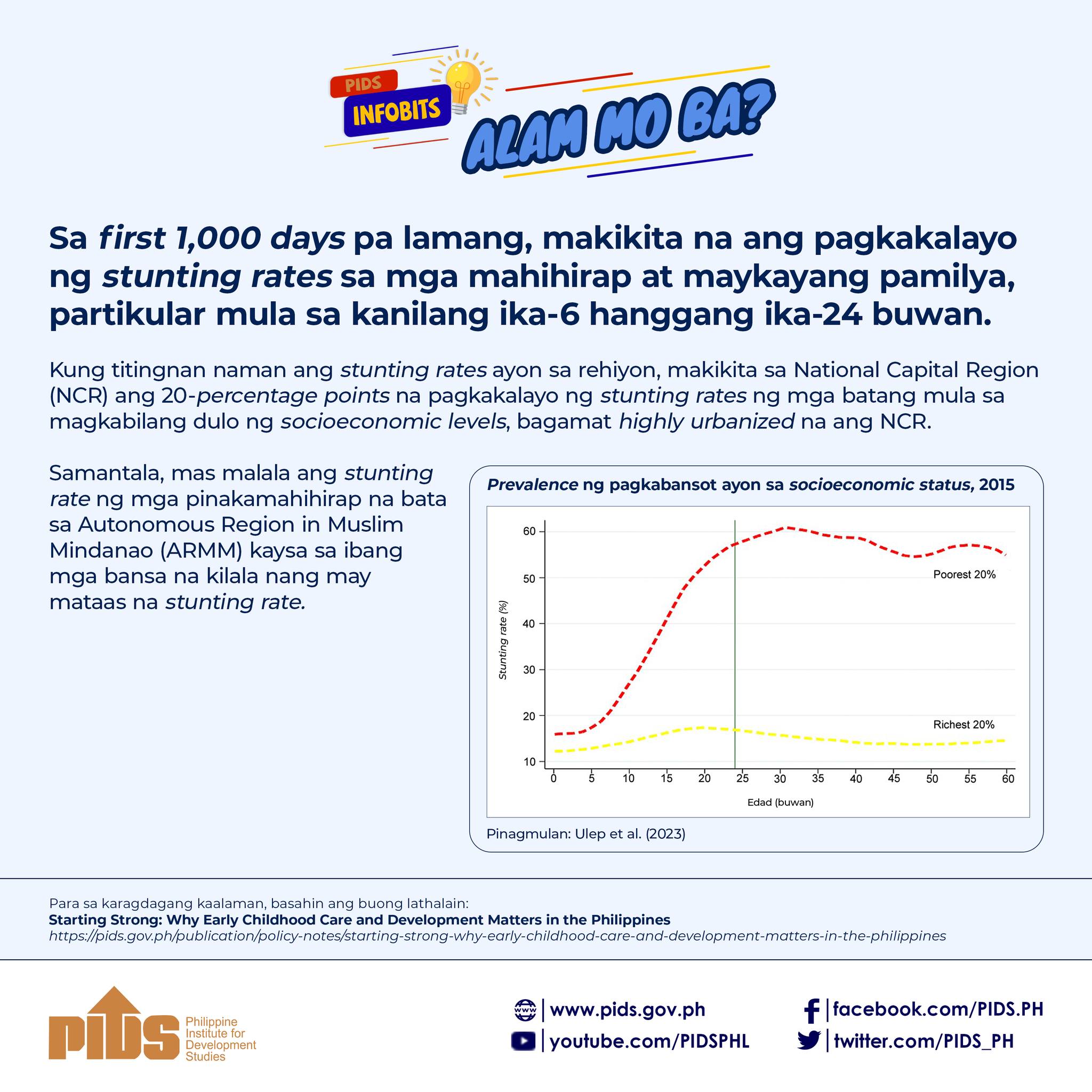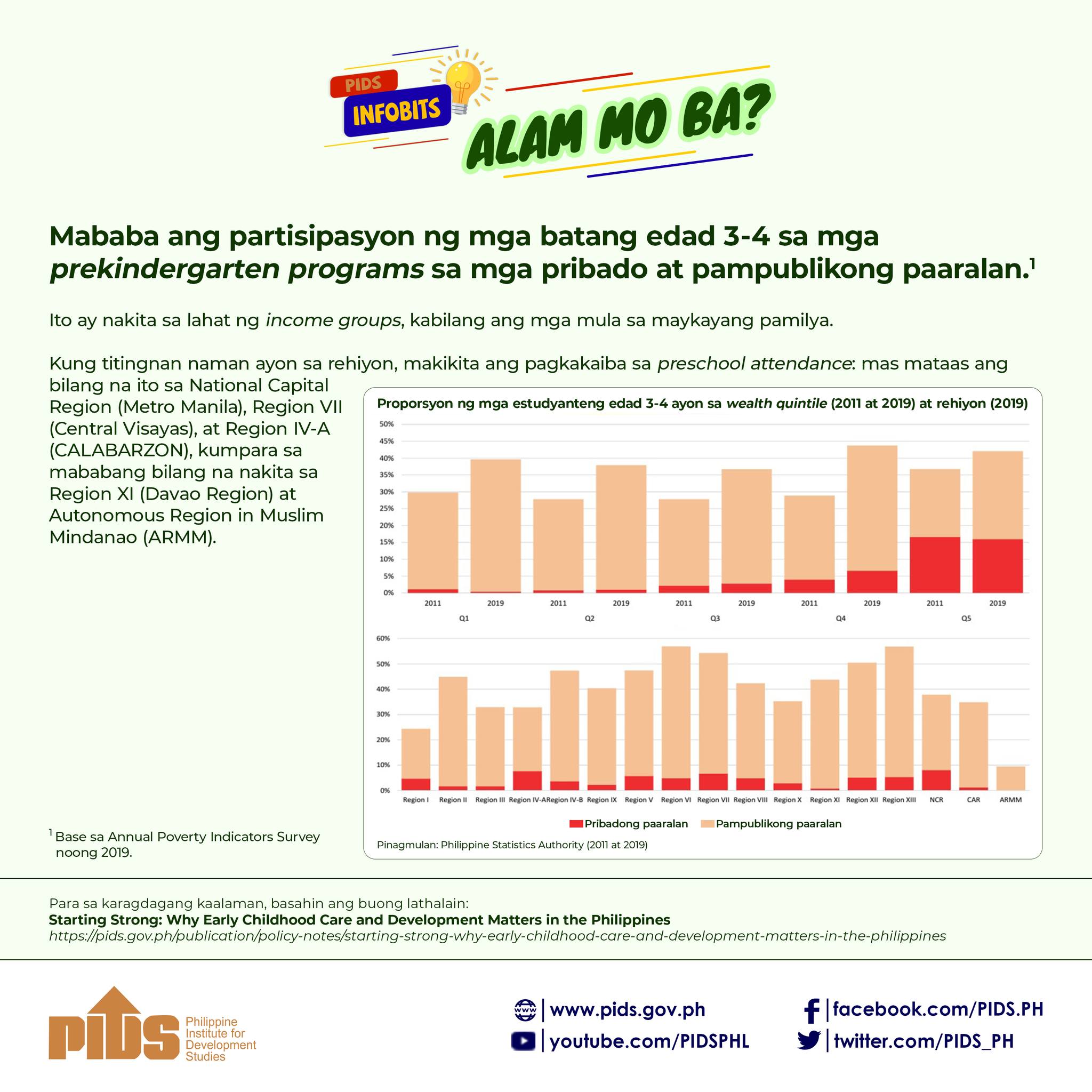MANILA – House of Representatives Deputy Speaker Rufus Rodriguez on Friday called for the early approval by the Constitutional Amendments Committee of the proposed amendments to the economic provisions in the 1987 Constitution.
Rodriguez said these proposed amendments were fully discussed in the 16th and 17th Congress, and several resource persons during Wednesday’s House hearing have expressed their overwhelming support for them.
“Considering the tight timeline, I call for an early approval of the amendments to these economic provisions by the House Committee on Constitutional Amendments chaired by Congressman Pido Garbin so that this can be sent to the plenary of the House of Representatives. The plenary itself can then convert itself into a Constituent Assembly,” he said.
Resolution of Both Houses (RBH) No. 2, authored by Speaker Lord Allan Velasco, seeks to amend restrictive provisions of the Constitution by adding the phrase “unless otherwise provided by law” to sections of Articles XII (National Patrimony and Economy), XIV (Education, Science, Technology, Arts, Culture and Sports), and XVI (General Provisions).
Rodriguez said the House could convert itself into a Constituent Assembly and approve, by 3/4 vote of all its members, the proposed amendments to the economic provisions in the Charter.
He noted that the Constitution does not require a joint session of Congress.
“Upon approval of these economic provision amendments, by 3/4 votes of all House members, the proposed amendments will then be sent to the Senate, which can, likewise, constitute itself as a Constituent Assembly and proceed to either approve by 3/4 of its members or reject the proposed amendments,” Rodriguez said.
He, however, explained that the deliberations of the House Committee on Constitutional Amendments on RBH 2 are just preparatory and recommendatory for the endorsement of the economic amendments to the House plenary acting as a Constituent Assembly.
“The Committee hearings are not yet acts of a Constituent Assembly. The Constituent Assembly is solely lodged with the plenary session of all members of the House of Representatives acting as a Constituent Assembly,” Rodriguez said.
On Wednesday, the House Committee on Constitutional Amendments received some 555,610 signatures gathered by the Department of the Interior and Local Government (DILG) across the country to signify grassroots support for “surgical” amendments to the 1987 Constitution.
Meanwhile, three professors emeritus of the University of the Philippines School of Economics backed the move to amend the Constitution’s economic provisions to make the Philippines more appealing to investors and help accelerate economic recovery.
Dr. Ernesto Pernia, former National Economic and Development Authority (NEDA) chief, said changing the economic provisions of the Charter is timely because the economy is “getting out of the hole little by little – and we need to accelerate that getting out of the hole.”
Pernia pointed out that because the country has been so closed in terms of foreign direct investments, it could not be competitive with its Asean neighbors, much less in the global economy.
“That is why easing or lifting the provisions on foreign participation in the Constitution is critical,” he said.
Dr. Gerardo Sicat, the founder of the Philippine Institute for Development Studies, described the current economic provisions of the Constitution as “the original sin” responsible for hindering the country from progressing in attracting foreign direct investments.
Sicat, also a former NEDA chief, said amending the Charter, together with complementary and wise economic policies, would lead to sustained and a higher level of per capita GDP growth; a higher level of employment for Filipino workers; an improved overall level of productivity for the Filipino worker; and better nutrition for workers’ children and capability to support their schooling.
Other outcomes include an enhanced capacity of workers to finance family housing and other needs; an improved capacity for the state, through an upgrade of its finances, to undertake programs to ameliorate the conditions of those in poverty; and a rising standard of living for all Filipinos.
Dr. Raul Fabella, the only Filipino economist recognized as a National Scientist, agreed with the view “that the lifting of the constitutional limit on foreign ownership will make the Philippines more foreign investment-friendly.” (PNA)
Rodriguez said these proposed amendments were fully discussed in the 16th and 17th Congress, and several resource persons during Wednesday’s House hearing have expressed their overwhelming support for them.
“Considering the tight timeline, I call for an early approval of the amendments to these economic provisions by the House Committee on Constitutional Amendments chaired by Congressman Pido Garbin so that this can be sent to the plenary of the House of Representatives. The plenary itself can then convert itself into a Constituent Assembly,” he said.
Resolution of Both Houses (RBH) No. 2, authored by Speaker Lord Allan Velasco, seeks to amend restrictive provisions of the Constitution by adding the phrase “unless otherwise provided by law” to sections of Articles XII (National Patrimony and Economy), XIV (Education, Science, Technology, Arts, Culture and Sports), and XVI (General Provisions).
Rodriguez said the House could convert itself into a Constituent Assembly and approve, by 3/4 vote of all its members, the proposed amendments to the economic provisions in the Charter.
He noted that the Constitution does not require a joint session of Congress.
“Upon approval of these economic provision amendments, by 3/4 votes of all House members, the proposed amendments will then be sent to the Senate, which can, likewise, constitute itself as a Constituent Assembly and proceed to either approve by 3/4 of its members or reject the proposed amendments,” Rodriguez said.
He, however, explained that the deliberations of the House Committee on Constitutional Amendments on RBH 2 are just preparatory and recommendatory for the endorsement of the economic amendments to the House plenary acting as a Constituent Assembly.
“The Committee hearings are not yet acts of a Constituent Assembly. The Constituent Assembly is solely lodged with the plenary session of all members of the House of Representatives acting as a Constituent Assembly,” Rodriguez said.
On Wednesday, the House Committee on Constitutional Amendments received some 555,610 signatures gathered by the Department of the Interior and Local Government (DILG) across the country to signify grassroots support for “surgical” amendments to the 1987 Constitution.
Meanwhile, three professors emeritus of the University of the Philippines School of Economics backed the move to amend the Constitution’s economic provisions to make the Philippines more appealing to investors and help accelerate economic recovery.
Dr. Ernesto Pernia, former National Economic and Development Authority (NEDA) chief, said changing the economic provisions of the Charter is timely because the economy is “getting out of the hole little by little – and we need to accelerate that getting out of the hole.”
Pernia pointed out that because the country has been so closed in terms of foreign direct investments, it could not be competitive with its Asean neighbors, much less in the global economy.
“That is why easing or lifting the provisions on foreign participation in the Constitution is critical,” he said.
Dr. Gerardo Sicat, the founder of the Philippine Institute for Development Studies, described the current economic provisions of the Constitution as “the original sin” responsible for hindering the country from progressing in attracting foreign direct investments.
Sicat, also a former NEDA chief, said amending the Charter, together with complementary and wise economic policies, would lead to sustained and a higher level of per capita GDP growth; a higher level of employment for Filipino workers; an improved overall level of productivity for the Filipino worker; and better nutrition for workers’ children and capability to support their schooling.
Other outcomes include an enhanced capacity of workers to finance family housing and other needs; an improved capacity for the state, through an upgrade of its finances, to undertake programs to ameliorate the conditions of those in poverty; and a rising standard of living for all Filipinos.
Dr. Raul Fabella, the only Filipino economist recognized as a National Scientist, agreed with the view “that the lifting of the constitutional limit on foreign ownership will make the Philippines more foreign investment-friendly.” (PNA)

